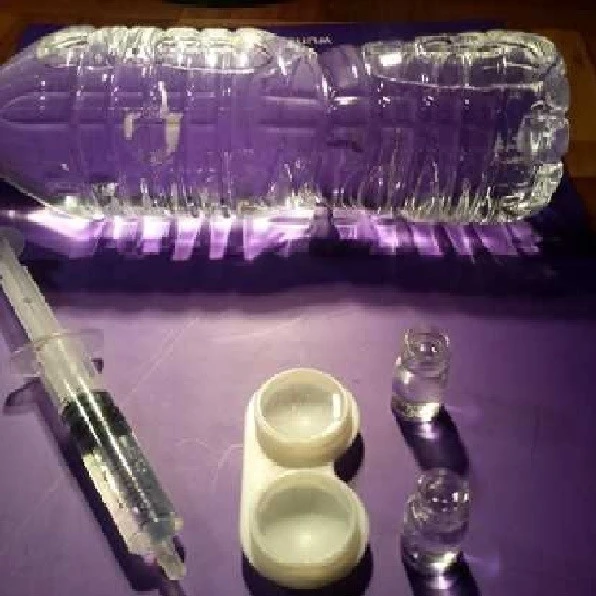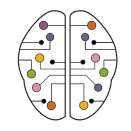Intoxicación por GHB
Intoxicación por GHB o GBL: ¿Qué hay que hacer? (¿y que no hay que hacer?)
La semana pasada un amigo tuvo una intoxicación por GHB. Se quedó dormido durante horas y no sabíamos si llamar a una ambulancia o no. Finalmente, finalmente despertamos pero estábamos muy asustados. ¿Es peligrosa la intoxicación o sobredosis de GHB/GBL?
Las intoxicaciones o sobredosis de GBL/GHB son un problema relativamente frecuente con esta sustancia.
En dosis recreativas (aproximadamente 1 a 2 gramos/0,5-2 ml de GBL/GHB puro) produce un efecto relativamente similar al del alcohol (euforia, desinhibición, locuacidad, relajación…).
Los efectos comienzan entre 20 y 30 minutos después de la ingestión y duran aproximadamente dos horas. El margen de seguridad del GHB es menor que el de otras sustancias. Dosis superiores a 3 gramos pueden producir un sueño profundo.
Además, el hecho de que pueda diluirse en agua dificulta una dosificación adecuada. Por otro lado, mezclar GHB con depresores (alcohol, benzodiazepinas, ketamina, etc.) aumenta exponencialmente el riesgo de intoxicación.
Entonces, si uno sabe con certeza la fuente y la concentración de GBL/GHB, es posible usarlo de manera relativamente segura. Pero si uno quiere meterse en problemas, tomar cantidades indeterminadas de origen desconocido y mezclarlas con cerveza es una excelente manera.
Y la intoxicación por GHB también se parece a la intoxicación por alcohol. Según dosis: aturdimiento, somnolencia, sueño profundo, coma. Otra característica de la intoxicación por GHB/GBL es que revierte espontánea y rápidamente (aunque a veces el estado de sueño dura horas).
Cuando nos encontramos con alguien que ha tomado demasiado GHB, a nivel práctico podemos distinguir dos situaciones
- Sabemos con seguridad que el intoxicado ha tomado sólo GHB, respira con normalidad, no presenta otros síntomas (convulsiones, fiebre, delirio…) y estamos en un espacio interno seguro. En ese caso puede ser razonable colocar a la persona de lado (para evitar que trague un posible vómito), taparla para evitar que se enfríe y esperar.
- En el resto de situaciones: no sabemos qué ha tomado la persona o no lo sabemos, hay otros síntomas, el estado empeora en lugar de mejorar… o simplemente no estamos seguros… En este caso, la mayoría La actitud más prudente es llamar a un servicio de urgencias.
Para valorar la gravedad de una intoxicación, o valorar si mejora o empeora con el tiempo, se pueden realizar estas sencillas pruebas:
- Primero, la «respuesta ocular». Si una persona tiene los ojos abiertos y los mueve normalmente, no está dormida (ni intoxicada por GHB/GBL). Si alguien abre los ojos justo cuando gritas «abre los ojos», eso significa que su cerebro está funcionando razonablemente bien. Abrir los ojos sólo ante un estímulo doloroso (o peor aún, no abrirlos en absoluto) indica un mayor grado de gravedad.
- En segundo lugar, la «respuesta verbal». Una persona que mantiene una conversación coherente no está intoxicada. Pero si no recuerda dónde y con quién está, existe al menos cierto grado de desorientación. El habla incomprensible, sonidos como «mmmmrpf», «arggggh», «brumreunfrondix» o la ausencia de respuesta verbal indican un mayor grado de gravedad.
- En tercer lugar, la capacidad de mantenerse erguido, obedecer órdenes verbales («levantar el brazo»), respuesta motora a estímulos dolorosos.
Por cierto, “Aplicar un estímulo doloroso” no implica perforar con un taladro, quemar con un cigarrillo u otras actitudes sádicas. Es suficiente torcer un pezón o aplicar presión sobre una uña. Otras ideas muy estúpidas incluyen meter al intoxicado en una ducha fría, darle de beber mientras está inconsciente o darle una bofetada.

La fotografía muestra la diferencia entre dosis recreativas (2-2,5 ml) y tóxicas (4-5 ml) de GHB puro. La cantidad de líquido que cabe en uno o dos estuches para lentes de contacto portátiles

Thanks
Thanks for feedback
Please provide me an example on what you consider "dubious"
I share your level of appreciation for the work you've produced. The sketch you've displayed is elegant, and the content…
Somebody essentially help to make significantly articles I'd state. This is the first time I frequented your web page and…